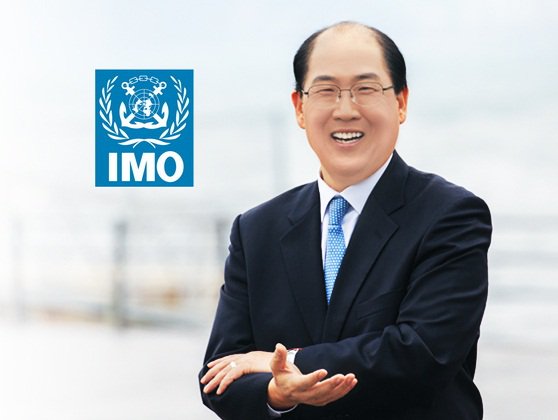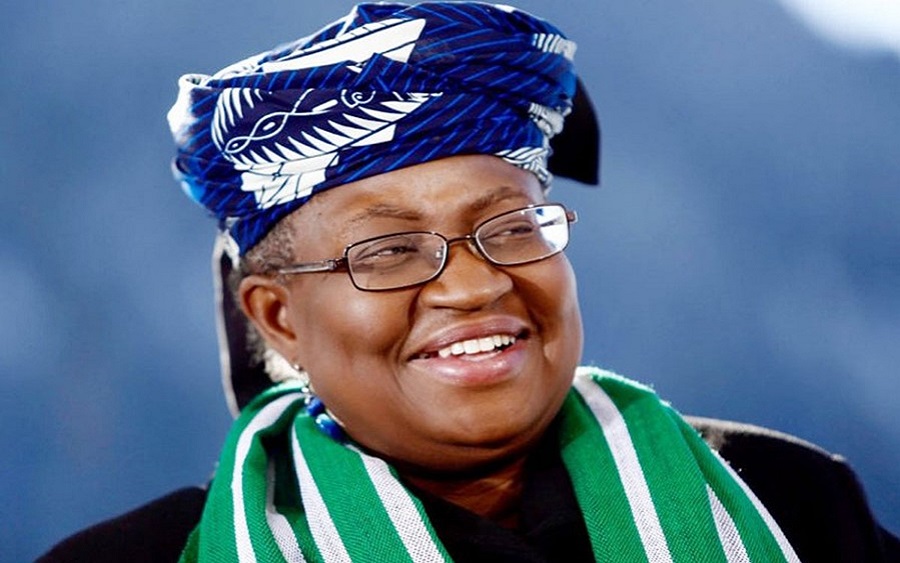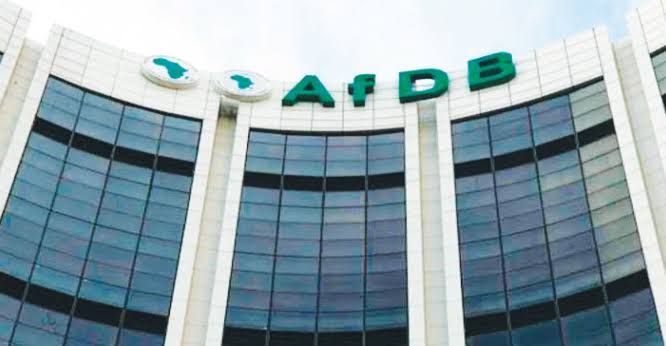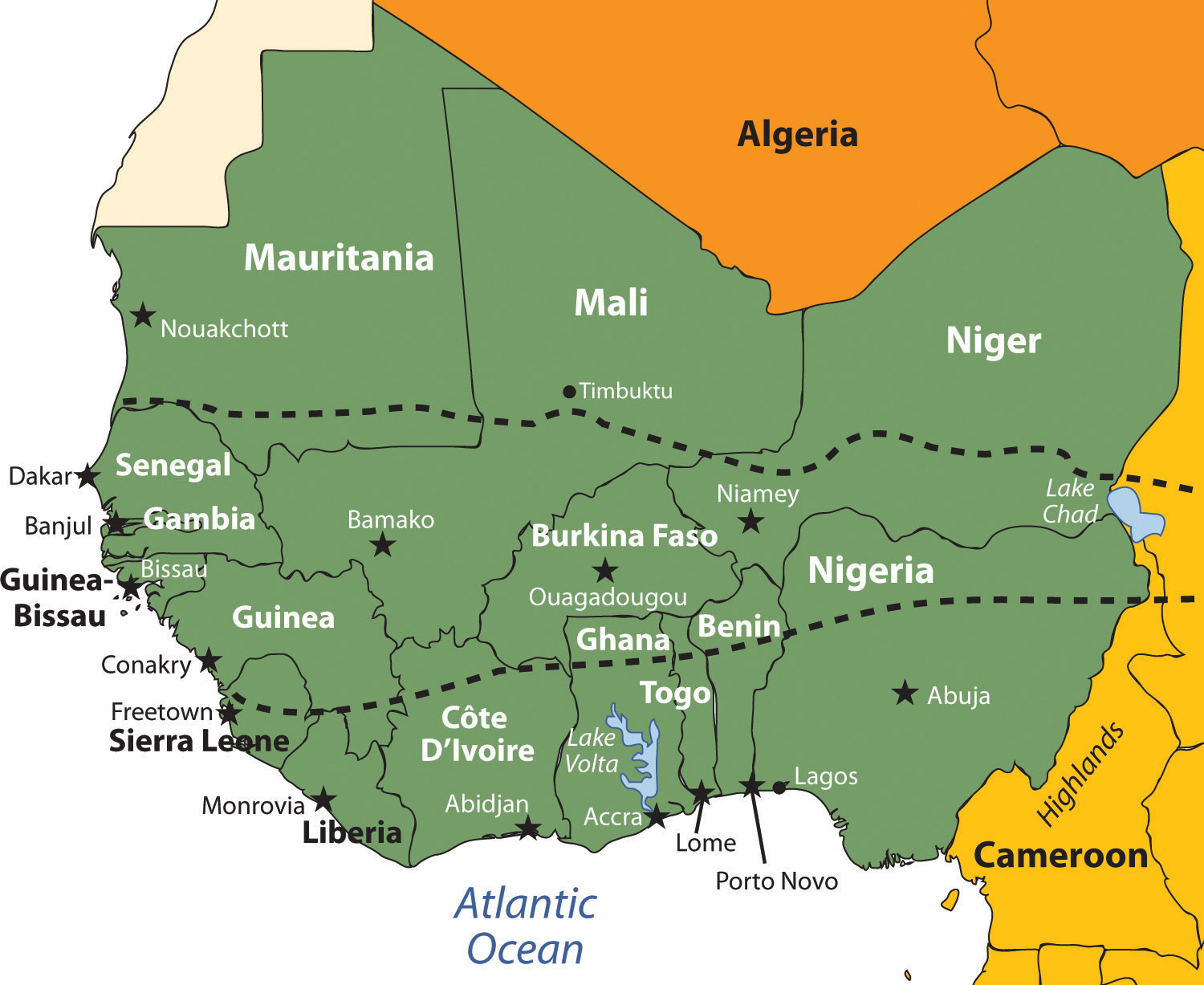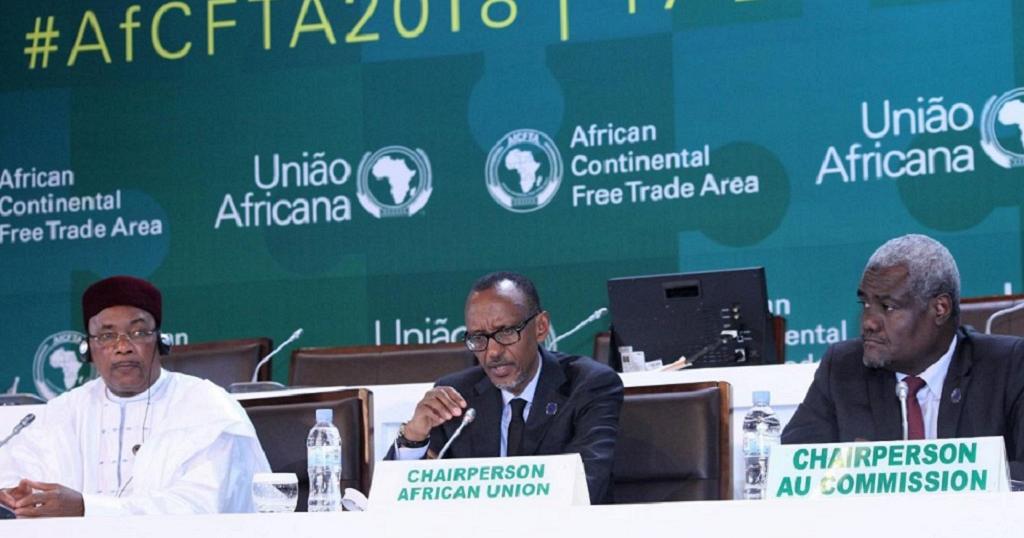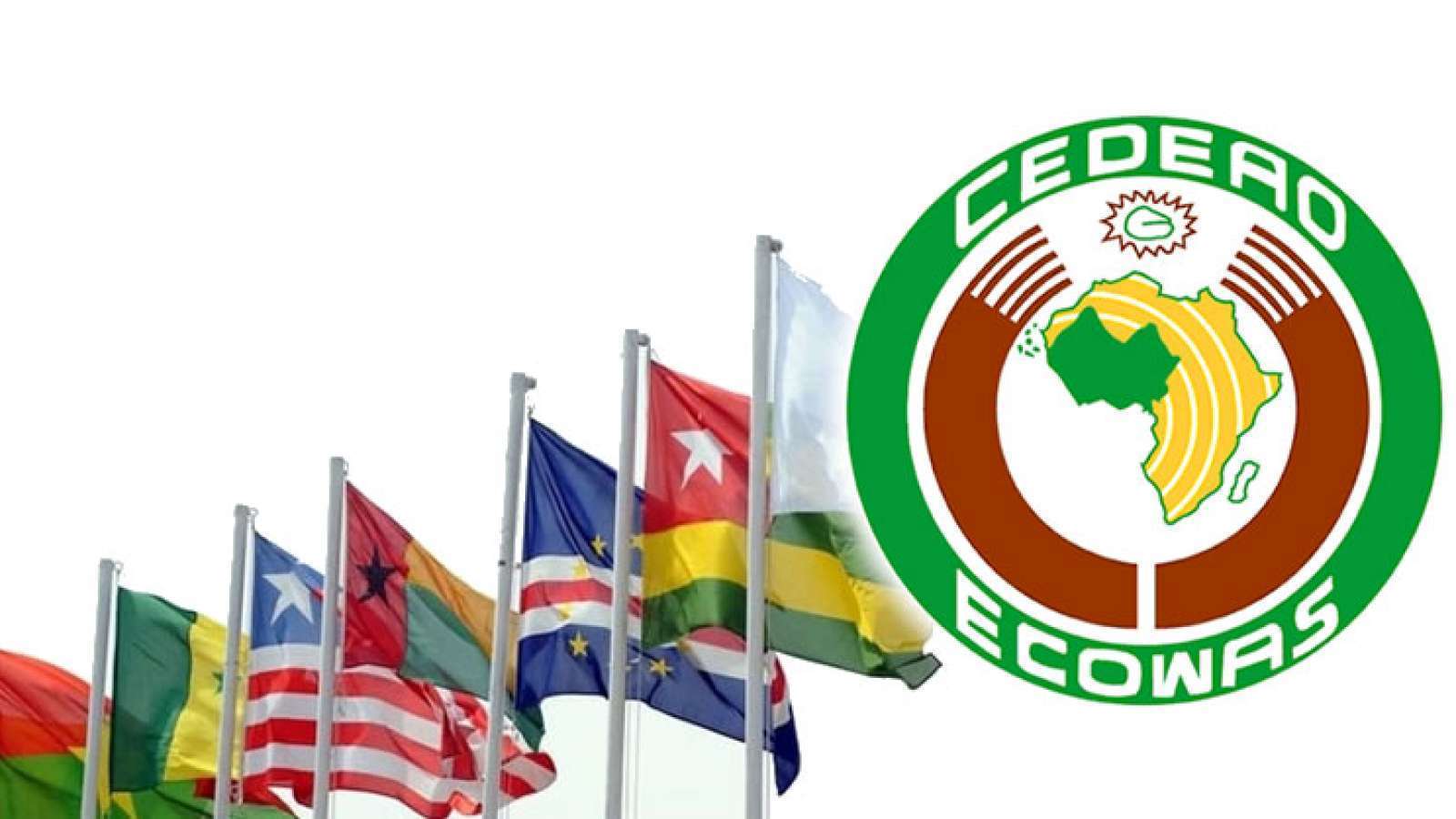Gulf of Guinea: IMO, ECOWAS Partners to tackle insecurity
Three organizations have teamed up to tackle the growing insecurity in the Gulf of Guinea which has had negative impacts on trade and other economic activities within the West and Central African territorial waters. The International Maritime Organization, IMO, the Economic Community of West African States, ECOWAS and The Gulf of Guinea Commission, GGC are currently mulling plans to tackle the menace of pirates and other maritime crime in the Gulf of Guinea.
Disclosing this at the ongoing Global Maritime Security Conference taking place in Abuja, Secretary-General of the International Maritime Organization, IMO, Mr. Kitack Lim said that Inter-Regional Coordination will provide a framework for strategic action against piracy and armed robbery at sea.

Read also:Africa’s Business Heroes Prize Competition Calls for 2021 Applications
Lim also called on participants not to lose sight of a new maritime security threat of cyber security to shipping adding that the topic should be part of the issues that must be addressed.
Lim who was represented by Assistant Secretary-General, Mr. Lawrence Barchue noted that maritime security is interagency, regional and international cooperation and development of national and regional maritime security strategies.
He said.“In dealing with physical security such as piracy and armed robbery, the increasing threat of cyber security should not be ignored and this has now joined the list of topics being addressed by IMO.
“More recently, the focus of piracy has turned to the African coasts, after significant rise in such activities off Somalia and now the Gulf of Guinea.
“IMO has development guidance on the suppression of piracy for use by both government and ship/operators, which has been supplemented by industry-developed “Best Management Practices’. “Guidance has also been issued on investigating piracy incidents, which calls on using privately contracted armed guard security personnel, leading to international standards being developed by the International Organization for Standardization, ISO.
Read also:Ivory Coast-based Fintech Startup HUB2 Raises $1.8m To Fasten Growth In African Markets
“However, the security landscape continues to change, which emerging issues that include challenges posed by the embarkation and carriage of armed guards, their weapon and equipment ; more widespread terrorism and violent extremism, the increasing urgent need to address destructive and unsustainable levels of illegal, unreported and unregulated fishing as well as trafficking in weapons, drugs, people and illegal wildlife products.
”IMO’s approach is to assist its member states in enhancing their ability to address maritime security challenges, focusing on what the maritime industry, both the shipping and port sectors, can do to protect themselves and for the government to provide the overarching security framework for global maritime trade.
“The Yaounde Code of Conduct which was signed by 22 West and Central African States in June 2013, provides the framework for intra-regional commitment for increased cooperation and capacity building to combat piracy and strengthen the region’s maritime security as well as to tackle maritime crime in its widest sense.
Read also:Egyptian Healthtech Startup TakeStep Secures Seed Funding Round
“In furtherance to, IMO continues to support the effort of the Economic Commission of Central African States, ECCAS, Economic Commission of West African States, ECOWAS and the Gulf Guinea Commission, GGC, towards the development and adoption of a comprehensive Joint Regional Maritime Strategy, to effectively fight piracy and related transnational criminal activities in the Gulf of Guinea.
Kelechi Deca

Kelechi Deca has over two decades of media experience, he has traveled to over 77 countries reporting on multilateral development institutions, international business, trade, travels, culture, and diplomacy. He is also a petrol head with in-depth knowledge of automobiles and the auto industry

